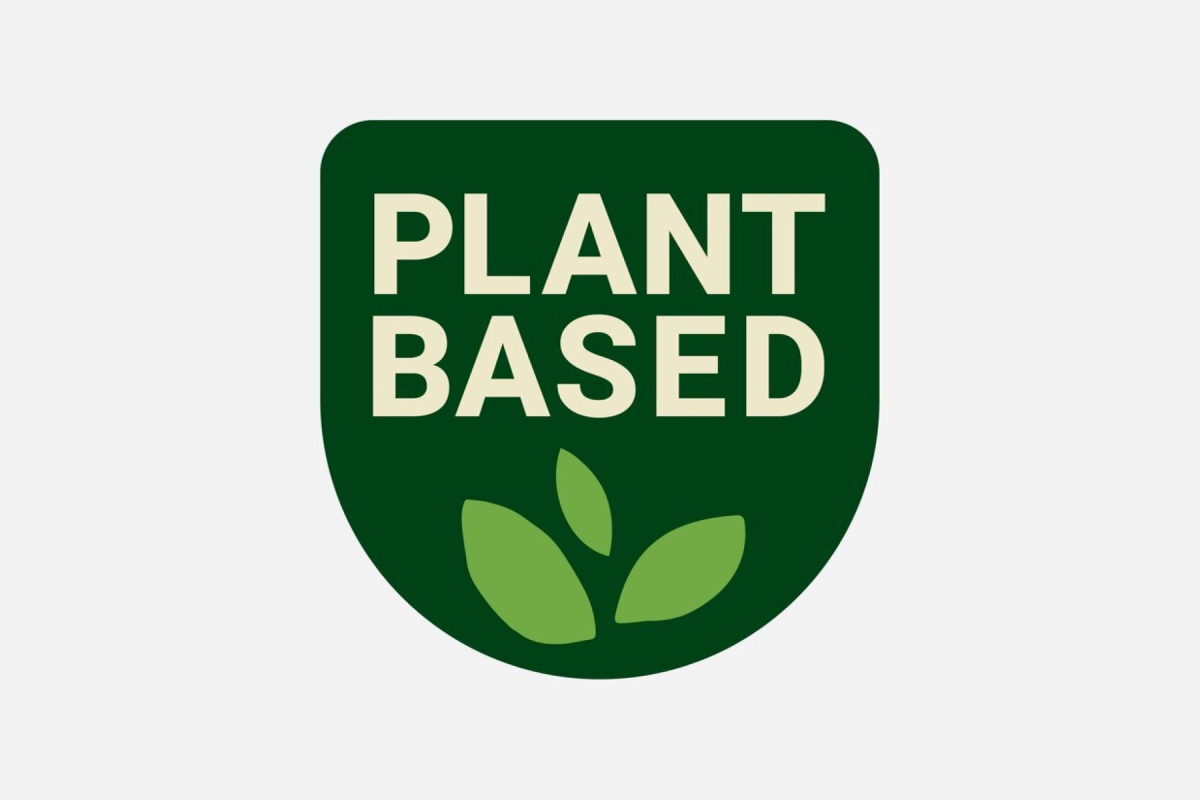In the movement towards more plant-based foods, we are seeing gradual — but obvious — changes in agriculture. This centuries-old industry has become increasingly more sophisticated on its own, particularly in recent years, when motivated by sustainability, more humane practices, and health improvements. Although marketing campaigns have touted “grass-fed” beef, “free-range” chicken, and “hormone-free” dairy, the reality is typically plagued with carbon emissions, questionable treatment of animals, and various diseases.
Human beings and assembly lines have been replaced with robotic arms and conveyor belts in the quest for efficiency and innovation. On the upside, it is arguably exciting to have the option of meat-free proteins and milks that closely mimic the taste and texture of the real thing. On the downside, we have replaced a much simpler food process with “processed” everything. Whatever society’s motivation is — environmentalism, animal activism, or purism — there is a definitive movement towards more sustainable, humane, and healthy practices in agriculture.
More Sustainability
From an environmental standpoint, animal agriculture is not an isolated problem. Similar to fossil fuels, coal, and plastics before it, the industry is beginning to face an understandable backlash. Some people are questioning their consumption of meat, dairy, and eggs as the vegan population grows. What reason is there not to make easy swaps — as many consumers are choosing when it comes to dairy milk (blame lactose intolerance or allergies) — to benefit the planet?
Farmers and their businesses are not being attacked specifically. Society is simply trying to find another way. As Maya Angelou said, “Once you know better, do better.” Even Walmart has done away with plastic bags. And whether corporations genuinely care or are trying to keep up with (or anticipate) customer demands, they are making important changes that trickle down and affect everyone.
More Health Conscious
Many studies suggest that, in contrast to scientific advancements prolonging human life, the evolution of food production has contributed to many prevalent diseases in our society. Generally speaking, the modern Western diet can be blamed for higher levels of heart disease, cancers, diabetes, arthritis, and more. There are also known links between farming and animal diseases like mad cow or swine and avian flu.
Reducing — or eventually omitting — the number of animals being raised and killed for food on an on-going basis and concentrating on healthier alternatives could help our entire society. Arguments against vegan foods being overly processed or salted are likely not up to date on the realities of animal agriculture and meat production to compare accurately. There are still stigmas when it comes to faux beef, chicken, and fish options, but there are significant advancements in tastes and textures.
More Humane Practices
An uptick of animal activism and advocacy has normalized the term “vegan” in all metropolitan cities. Although it seems to ignite significant vitriol, it is important to include in the discussion of animal agriculture. Videos of both horrific slaughterhouses and uplifting animal sanctuaries (to where many animals who have managed to escape slaughter) are shared on a wide range of platforms nowadays. Social media has helped uncover the realities and expose truths behind farming animals.
As we salute most forms of advocacy today, speaking up for animals is an entirely separate movement. “Plant-based” appears to be a better marketing term than “vegan” for foods with animal ingredients, by-products, or preservatives. Many restaurants have added “plant-based” sections to their menus with a variety of vegan-friendly options. And there is an entirely new crop of companies and restaurants touting themselves as completely vegan. Regardless of the motivation for the increase in demand (even if it is not for the well-being of animals), many food companies are developing and introducing plant-based alternatives.
Transitioning Animal Agriculture
We have arguably hit a peak when it comes to the allowance of harmful emissions, mass slaughter, and genetically modified organisms in our food production. A former cattle farmer in Uxbridge, Ontario, made headlines when he decided to stop shipping the cows he grew to love to be slaughtered and, instead, shift gears by establishing an animal sanctuary called Farmhouse Garden Animal Home. Today, he grows and sells vegetables and other crops. While not everyone can afford this type of change, we can look to the progressive shift towards solar and wind energy. Lab-grown meat is believed to be an up-and-coming idea that will squander animal agriculture.
Some suggest that more farmers could adjust their operations to become increasingly sustainable, humane, and ultimately contribute to healthier food options for consumers. For example, most corn and soy crops currently feed animals that are being kept alive until they are slaughtered for meat but could be used directly in more plant-based products. Many companies and restaurants are incorporating plant-based options, turning entirely plant-based, or partnering with plant-based companies. //
Robyn Karmazyn | Contributing Writer



















